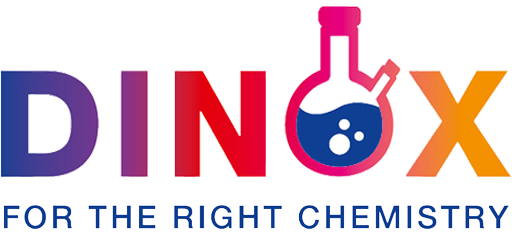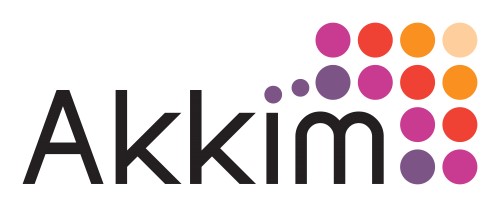
Responsible Care
Responsible Care, by definition, is a program that primarily considers the protection of human life, environment and natural resources in all stages of activities and that gives particular importance to this consistently. The idea was initially suggested by the Canadian Chemical Producers’ Association in 1984; then it spread all over the world and today it is implemented in more than 50 countries.
Responsible Care Program is a voluntary initiative for the chemical industry. It is coordinated by the Turkish Chemical Manufacturers Association (TCMA) in our country.
Signatories are committed to fulfilling the principles and requirements of Responsible Care and the implementation, proficiency and continuity of this commitment is regularly audited by TCMA.
Responsible Care is a seamless process of short, medium and long terms that require continuous effort and development in line with technological and economic conditions. Being in constant contact with the chemistry industry, TCMA continues to develop new methods and guidelines to ensure more effective implementation of basic Responsible Care principles in all departments and activity levels of corporations.
On February 11th, 1993, our affiliate Company our affiliate Company Akkim signed the voluntary Responsible Care Program that emphasizes sensitivity of chemical companies towards the environment, human health, and technical safety. Our affiliate Company our affiliate Company Akkim is one of the first Turkish companies committed to the Responsible Care Program. As a requirement of Responsible Care, before establishing a facility, our affiliate Company our affiliate Company Akkim pays attention to protecting the environment, prioritizing human health and technical safety during all phases of feasibility, planning, designing, assembly, production operations, shipping, maintenance and other services. The Company takes these issues into consideration in all production processes.
Responsible Care Objectives
- To design methods to foresee negative impacts of raw and auxiliary materials as well as process conditions used in the corporation and to minimize them.
- To inform all employees on the dangers and damages of chemicals used in production and storage conditions; to train them on potential safety and pollution risks that may arise during production and to improve their sense of responsibility.
- To minimize generation of undesirable wastes by using new technologies and processes.
- To prevent and clean wastes at source by benefiting from all treatment techniques in order to remove adverse impacts of production wastes on the environment and human health; to search and assess potential use of some wastes as raw or auxiliary materials in various production areas.
- To develop techniques that use raw materials and energy sources in the most efficient way and to pay attention to using clean energy that does not pollute the environment.
- To inform consumers on the corporation’s products, their usage and safely recycling or disposal of packages and wastes after being used.
- To encourage and support researches to develop environment-friendly methods and products.
- To establish cooperation and solidarity with neighboring corporations and local authorities to take proactive actions for preventing potential occupational accidents and fires.
- In order to prevent the public from gaining inaccurate information and making such judgments about the corporation, to make reassuring statements on the corporation’s practices regarding operations, environment, human health and occupational safety.


